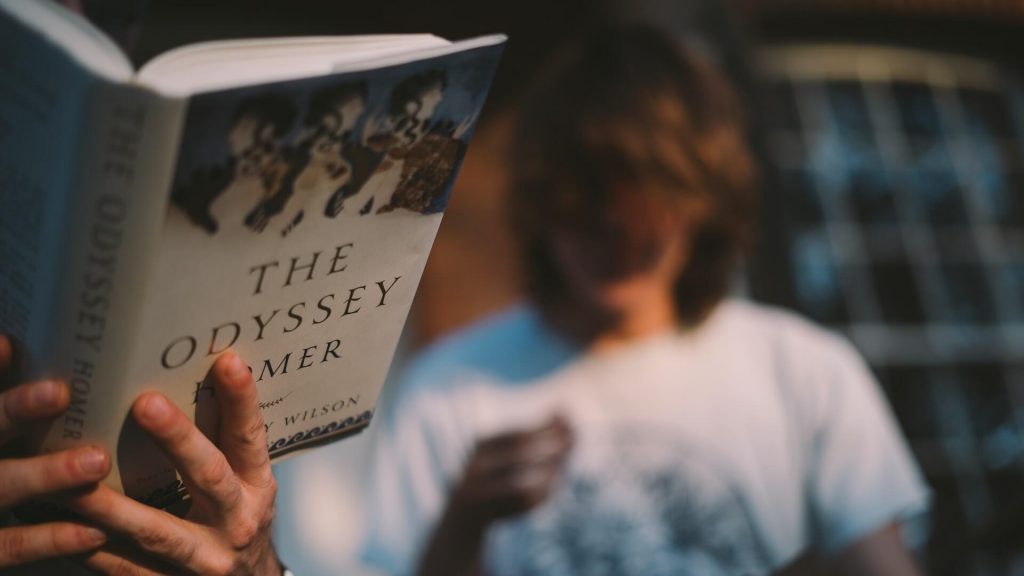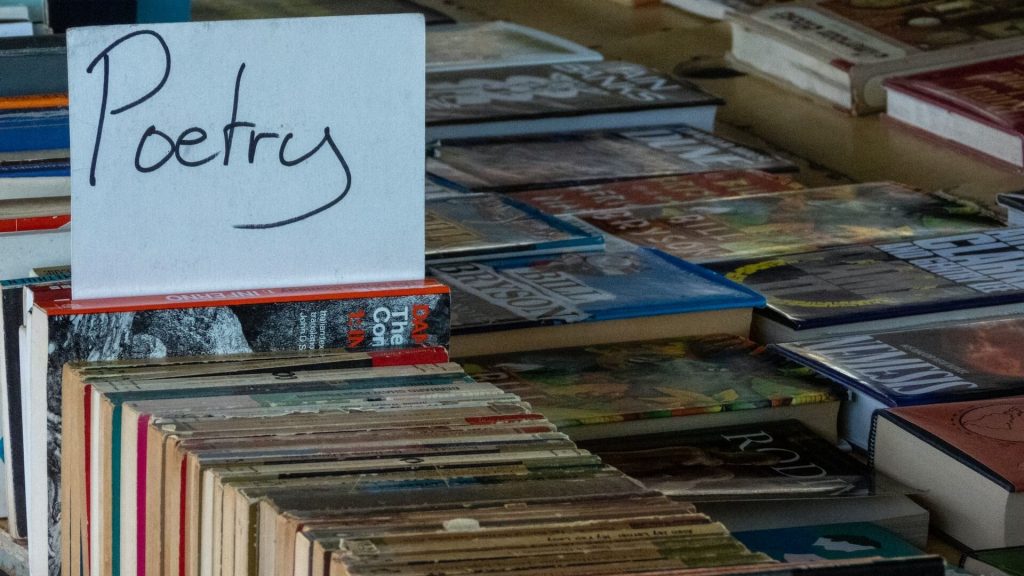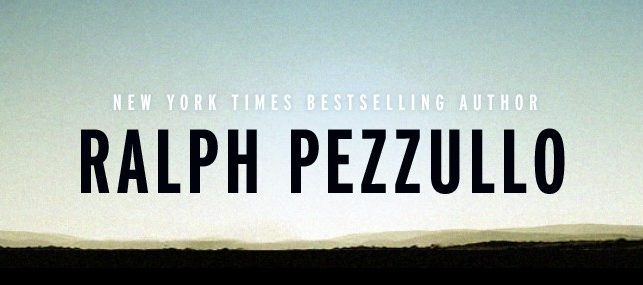The literary world, like an expansive and diverse landscape, stretches out before readers with a wealth of books, genres, and authors to explore. This literary landscape is a vast territory filled with treasures, adventures, and mysteries waiting to be uncovered. However, it can also be a daunting place, especially for newcomers. How does one navigate this intricate terrain to find literary gems that resonate with their soul? In this comprehensive exploration of the literary landscape, we will delve into the annals of history, traverse the multifaceted terrains of literary genres, and equip you with detailed tools to embark on your reading journey with confidence.
The Tapestry of Literary History

To understand the literary landscape, it’s crucial to recognize that it is not a static entity but a dynamic tapestry woven from the threads of history. This historical context is essential for appreciating the diverse world of literature. Here are some key historical epochs that have significantly shaped the literary landscape:
Ancient Epics and Myths
The roots of literature extend deep into the past, as ancient civilizations relied on oral storytelling to share epic tales and myths. Works like the “Epic of Gilgamesh” from Mesopotamia, dating back to 2100 BCE, and Greek myths like “The Iliad” and “The Odyssey” laid the foundation for storytelling, creating a solid literary ground that subsequent generations would build upon. These ancient narratives explored universal themes such as heroism, love, and the human condition, establishing literary archetypes that continue to influence modern storytelling.
The Renaissance and the Birth of Modern Literature
The Renaissance period marked a pivotal moment in literary history, with its profound impact still resonating today. Literary giants like William Shakespeare, Miguel de Cervantes, and John Milton emerged during this era, enriching the literary landscape with timeless works such as “Hamlet,” “Don Quixote,” and “Paradise Lost.” The Renaissance was a period of revival in art, culture, and learning, leading to a flourishing of humanistic ideas and artistic expression. Shakespeare, in particular, is celebrated for his masterful exploration of complex human emotions and the timeless relevance of his plays.
The 19th Century and the Rise of the Novel
The 19th century witnessed an explosion in the popularity of the novel as a literary form. Literary luminaries like Charles Dickens, Jane Austen, and the Brontë sisters made indelible contributions during this period, crafting stories that not only defined their time but continue to captivate readers across generations. Charles Dickens, for example, used his novels to shine a spotlight on social injustices and the plight of the poor in Victorian England, while Jane Austen’s novels explored themes of love, class, and societal expectations. The 19th-century novel became a powerful vehicle for social commentary and character development.
The 20th Century and Literary Movements
The 20th century brought forth a plethora of literary movements, each leaving its mark on the evolving landscape. From modernism, characterized by authors like James Joyce and Virginia Woolf, to post-modernism, existentialism, and the magical realism of authors like Gabriel García Márquez, each movement added its unique brushstroke to the canvas of literature. Modernism, for instance, challenged traditional narrative structures and embraced stream-of-consciousness storytelling, while post-modernism deconstructed conventional storytelling methods. Existentialist writers like Jean-Paul Sartre delved into the existential angst of the human condition, while magical realism blurred the lines between reality and fantasy, as seen in works like “One Hundred Years of Solitude.”
The Diverse Terrain of Genres

Just as a landscape encompasses a variety of terrains, the literary landscape offers a profusion of genres, each with its own distinctive features and appeal. Here, we delve deeper into these literary terrains:
Fiction
Fictional works transport readers to different worlds, whether they are historical, fantastical, or contemporary. Within the realm of fiction, numerous subgenres like science fiction, fantasy, mystery, romance, and literary fiction offer readers a wide range of experiences, catering to various tastes and preferences. Science fiction, for example, can explore futuristic technologies and societal implications, while literary fiction delves into complex character development and themes of human nature. Understanding these subgenres allows readers to select books that align with their interests.
Non-Fiction
Non-fiction is a realm of factual storytelling, providing readers with insights into real-life events, people, and ideas. It encompasses biographies, memoirs, essays, and journalistic works, offering a chance to explore and understand the world from a different perspective. Biographies provide a glimpse into the lives of influential individuals, memoirs offer personal reflections and experiences, essays engage in thought-provoking analysis, and journalism provides timely accounts of current events. Non-fiction allows readers to expand their knowledge and gain a deeper understanding of the world around them.
Poetry
Poetry is the art of condensed expression, where every word carries weight and significance. It can take on various forms, including lyrical, narrative, and experimental, often delving deep into emotions and the human experience. The diversity of poetic styles and themes makes it a rich and evocative genre to explore. Lyrical poetry, with its musicality and emotional depth, often explores themes of love and nature. Narrative poetry tells stories through verse, while experimental poetry challenges traditional forms and invites readers to engage with language in new ways. Poetry’s brevity encourages readers to savor each word and contemplate its layers of meaning.
Science Fiction and Fantasy
Science fiction and fantasy are genres that transport readers to otherworldly realms where the rules of reality may be different. They often explore imaginative concepts, futuristic technologies, mythical creatures, and philosophical questions about the human condition. These genres encourage readers to expand their imagination and contemplate the possibilities beyond our known world. Science fiction can explore scientific advancements, space exploration, and the impact of technology on society. Fantasy, on the other hand, often features magic, mythical creatures, and epic quests, allowing readers to escape into worlds of wonder and adventure.
Historical Fiction
Historical fiction immerses readers in the past, recreating bygone eras with meticulous detail and storytelling finesse. Authors in this genre blend history with fiction, offering a captivating way to learn about different periods while enjoying a compelling narrative. Whether set in ancient civilizations, medieval kingdoms, or more recent historical events, historical fiction provides a window into the customs, culture, and challenges of the past. Authors undertake extensive research to ensure historical accuracy, creating a vivid and immersive experience for readers.
Navigating the Literary Landscape

As a reader, successfully navigating the vast literary landscape requires both strategy and curiosity. Here are some practical tips to help you chart your course through this expansive territory:
1. Define Your Literary Preferences
The journey begins with self-discovery. Understanding your reading preferences—whether you are drawn to historical sagas, crave the thrill of a mystery novel, or prefer the introspective depths of literary fiction—will serve as your compass. Take the time to reflect on your past reading experiences and identify the themes, genres, or authors that resonate with you. This self-awareness will guide your literary exploration and help you make more informed choices when selecting books.
2. Set Reading Goals
Setting reading goals can provide structure and motivation for your literary exploration. Whether it’s a goal to read a certain number of books per month, delve into a new genre, or tackle the classics, having objectives will guide your reading journey. Consider creating a reading list or setting a yearly reading challenge to keep yourself accountable. These goals can inspire you to diversify your reading and expand your literary horizons.
3. Explore Book Recommendations
Don’t hesitate to seek out book recommendations from friends, family, online communities, or literary experts. These recommendations can lead you to hidden literary gems that you might otherwise overlook, opening new avenues of exploration. Engaging in discussions about books with fellow readers can introduce you to titles that align with your interests or challenge your reading habits. Online platforms like Goodreads and literary forums provide excellent resources for discovering new books and engaging in book-related conversations.
4. Visit Libraries and Bookstores
Libraries and bookstores are treasure troves of literary delights. Spend time browsing their shelves, flipping through pages, and discovering new authors. The tactile experience of handling physical books can be a delightful part of your literary journey. Libraries offer the advantage of free access to a vast collection of books, while bookstores allow you to explore the latest releases and literary trends. Additionally, many independent bookstores offer personalized recommendations from knowledgeable staff who can guide you toward books that match your interests.
5. Join Reading Groups
Consider joining a reading group or book club in your community or online. Engaging in discussions and sharing perspectives with fellow readers can deepen your understanding of a book, expose you to diverse viewpoints, and enhance your overall reading experience. Reading groups provide a communal aspect to reading, allowing you to connect with others who share your passion for books. Whether you join a local book club or participate in virtual discussions on social media platforms, the opportunity to engage in meaningful conversations about literature can broaden your literary horizons.
Conclusion
The literary landscape, with its rich historical tapestry and diverse genres, awaits your exploration. Armed with a deeper understanding of literary history, a clear sense of your preferences, and a strategic approach to reading, you can embark on a literary voyage that is both fulfilling and enriching. Remember that the journey itself holds as much value as the destinations you discover along the way. So, set sail, and let the pages of literature be your map to uncharted territories of imagination, knowledge, and emotion in this vast literary landscape. Happy reading!

